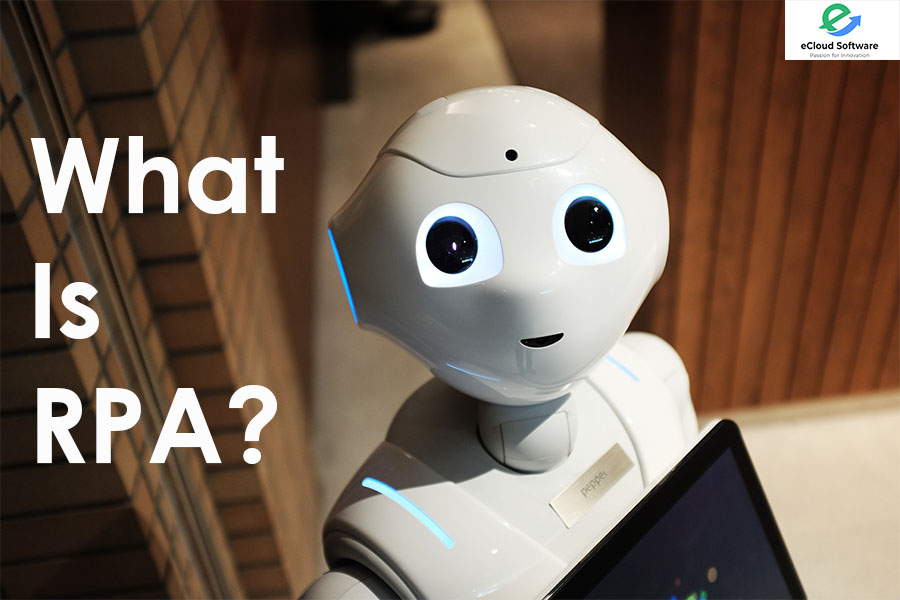What is robotic process automation?
Robotic process automation (RPA) is a software technology that makes it easy to build, deploy, and manage software robots that emulate humans actions interacting with digital systems and software. Just like people, software robots can do things like understand what’s on a screen, complete the right keystrokes, navigate systems, identify and extract data, and perform a wide range of defined actions. But software robots can do it faster and more consistently than people, without the need to get up and stretch or take a coffee break.
With RPA, software users create software robots, or “bots”, that can learn, mimic, and then execute rules-based business processes. RPA automation enables users to create bots by observing human digital actions. Show your bots what to do, then let them do the work. Robotic Process Automation software bots can interact with any application or system the same way people do—except that RPA bots can operate around the clock, nonstop, much faster and with 100% reliability and precision.
What are the business benefits of RPA?
1.Accelerated transformation: RPA is a major component in digital transformation.
2.Major cost savings: RPA drives rapid, significant improvement to business metrics across industries and around the world.
3.Greater resilience: RPA robots can ramp up quickly to match workload peaks and respond to big demand spikes.
4.Higher accuracy: RPA reduces manual errors
5.Improved compliance: RPA has ‘met or exceeded expectations’ for better compliance.
6.Boosted productivity: global workers believe automation will make them more productive.
7.More value from personnel: executives agree RPA enables people to focus on more strategic work.
8.Happier employees: RPA increases employee engagement.
RPA technology is changing how the world gets work done.
Software robots—instead of people—do repetitive and lower-value work, like logging into applications and systems, moving files and folders, extracting, copying, and inserting data, filling in forms, and completing routine analyses and reports. Advanced robots can even perform cognitive processes, like interpreting text, engaging in chats and conversations, understanding unstructured data, and applying advanced machine learning models to make complex decisions.When robots do these types of repetitive, high-volume tasks, humans are freed to focus on the things they do best and enjoy more: innovating, collaborating, creating, and interacting with customers. Enterprises get a boost too: higher productivity, efficiency, and resilience. It’s no wonder that RPA is rewriting the story of work.
